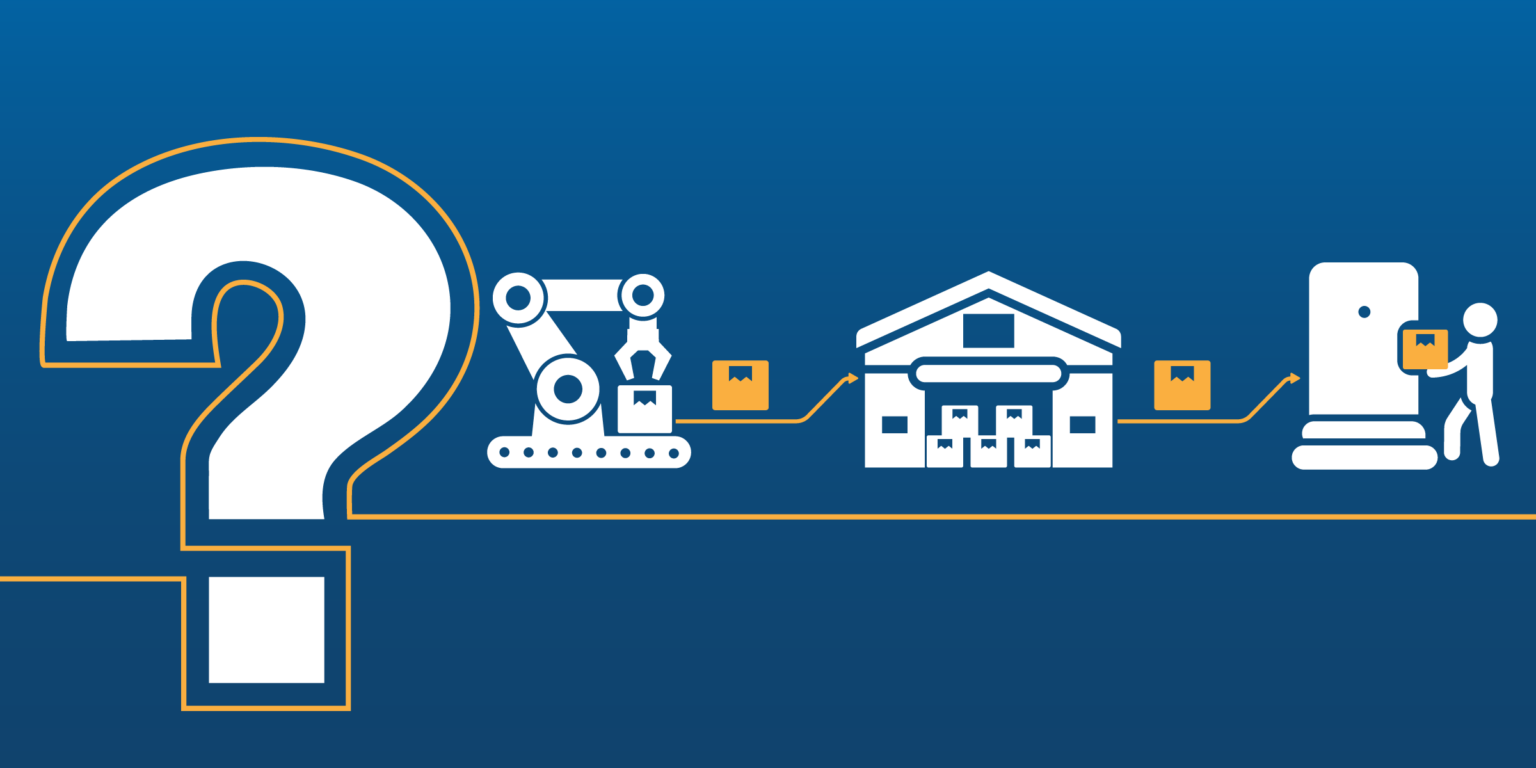So, let’s talk about this thing called 3PL — it’s a simple acronym for a very dynamic operation. Third-Party Logistics, commonly known as 3PL, is essentially the wizardry behind the curtain ensuring online orders seamlessly arrive at your customers’ doorsteps to their delight. It’s important to understand the definitions, processes, and resources that make 3PL an integral part of the modern supply chain.
What is 3PL?
Let’s start with a basic definition. Third-Party Logistics refers to the outsourcing of logistics and supply chain functions to a specialized external provider. These providers are the unsung heroes that manage everything from transportation and warehousing to order fulfillment and distribution. Essentially, they act as the logistical backbone for businesses, allowing them to focus on their core competencies.
So how does a 3PL work?
The process typically involves several key components:
Warehousing and Distribution: Storage and order fulfillment are crucial aspects of logistics. 3PL providers manage warehouses, ensuring efficient inventory management, order picking, packing, and timely delivery.
Technology Integration: In the digital age, technology is the heart of logistics. 3PLs leverage state-of-the-art systems to track shipments, manage inventory, and provide real-time visibility into the supply chain.
Data Security: Implementing data security processes and adhering to rules and regulations around protecting customer data is a monumental task. 3PLs are well-versed in these regulations and are held to high standards.
Transportation Management: 3PLs handle the movement of goods from point A to point B. This includes choosing the most efficient transportation modes, optimizing routes, and managing carrier relationships.
Retail Compliance: For brands doing both online and in-store commerce, a 3PL can simplify the management of a multichannel sales strategy by filling orders across all sales channels.
Now that we’ve broken down the components of the logistics process, let’s look at the resources that make 3PL providers indispensable:
Expertise: 3PLs bring a wealth of industry knowledge and expertise to the table. Their teams are well-versed in the intricacies of logistics and managing inventory, allowing businesses to benefit from their specialized skills.
Scale and Efficiency: By pooling resources and leveraging economies of scale, 3PLs can provide cost-effective solutions. This is particularly advantageous for smaller businesses looking to compete on a larger scale.
Flexibility: The dynamic nature of the business world demands flexibility. 3PLs offer scalable solutions, adapting to fluctuations in demand and ensuring a responsive supply chain.
Focus on Core Competencies: Outsourcing logistics functions to a 3PL allows businesses to concentrate on what they do best. This strategic outsourcing enables companies to streamline operations and enhance overall efficiency.
Conclusion
It’s clear that 3PLs play a pivotal role in supply chain function. From efficiently managing warehouses and order fulfillment to optimizing transportation routes, 3PL providers are the unsung heroes behind the scenes. They ensure that goods reach their destination with precision and punctuality so that brands can continue to build customer loyalty and grow their business.

